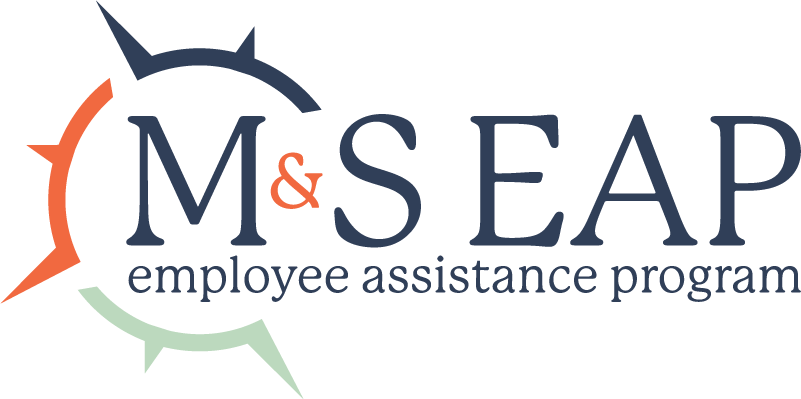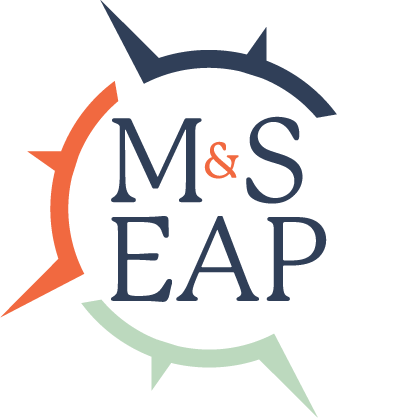The Importance of Building Trust Among Employees and Employers

It is crucial for individuals to feel trusted in their workplaces and to also feel like they can trust their supervisors. This trust builds dependability and loyalty and may, in the long run, help with employee retention. Plus, it develops a culture of honesty and positivity, further enhancing overall workplace satisfaction and safety.
Why is employee trust important?
Employee trust goes deeper than simply getting your staff to like you as a manager. It is about making them feel confident enough in your word to come to you with conflict and challenges. It is about retaining employees and reducing turnover. Employee trust benefits the entire staff—you (the manager) included—as it makes the company a more enjoyable place to work.
“According to the Great Place to Work Institute, when a company has a high-trust culture, it has a roughly 50% lower turnover rate than competitors and sees stock market returns about two to three times more than average.”
When employees feel like they can trust their employers, additional benefits are seen, such as:
- Improved collaboration
- They feel safer and supported in the workplace, enhancing their sense of value, which increases loyalty and teamwork
- Better employee morale, where the environment is one of overall positivity and peacefulness
This is why building trust is so important—it benefits your employees personally and the company as a whole.
How leaders can build trust in the workplace
While it may sound like a large undertaking, building trust in the workplace does not have to be highly complicated and can be established with simple habits and practices.
Understand trust must be earned
As nice as it would be, most people do not enter a workplace immediately with full trust and dedication to their upper management—this must be earned. To earn the trust of your employees, you must be willing to uphold your word, remain committed to their well-being, and prioritize your people.
Be an example
If you set an example of trustworthiness, your employees will realize that that is the expectation and will step up to meet it. If you trust your employees to do their jobs, refrain from micromanaging, and own up to your mistakes when they occur, your employees will learn and imitate this example of transparency and trust.
Strive for authenticity
When you are authentic with your staff, you show that you are a human who makes mistakes, faces challenges, and experiences positive and negative emotions. This gives your staff the freedom to be authentic and creates a space where this becomes a valued and sought-after trait.
According to Forbes, “Another way to establish authentic relationships is to acknowledge other people’s emotions. Recent research suggests that acknowledging negative emotions increases trust more than acknowledging positive emotions. That’s because when you recognize negative feelings, like when a co-worker seems upset, that person believes you are genuinely concerned and is more apt to trust you.”
Be an active listener
Many employers claim an open–door policy—which is fantastic! But when your employees come to you, a way to build trust is by actively listening to them and their concerns. Listen without interruption, ask follow-up questions, and work in conjunction with them to develop a plan for addressing what needs to be addressed and proceeding prudently.
Have clear expectations
Nothing stresses out employees like not knowing what you expect from them. If you do not properly train and orient your staff, how will they know what kind of work output you anticipate? By making your expectations clear right at the start, your staff will learn to trust these clear expectations and believe that you will remain transparent with them throughout their time as your employees.
Be transparent
In his book Winning, Author Jack Welch says, “Trust happens when leaders are transparent, candid, and keep their word. It’s that simple. Your people should always know where they stand regarding their performance.” He urges leaders not to avoid giving bad news as it can negatively affect the “confidence and energy” will most certainly waiver.
Being transparent looks like:
- Encouraging employees to openly share their thoughts and feelings
- Remaining open about struggles and challenges the company may be facing
- Creating a place where feedback is encouraged and requested
- Offering reasons behind the decisions the company is making
By keeping your employees in the loop, you will maintain a healthy level of transparency, build trust, and foster a better workplace community overall.
Need more resources?
Mazzitti & Sullivan EAP is here to help any employer looking to increase workplace satisfaction. With employee assistance programs and other strategic options designed to help staff and management with work/life balance, conflict/resolution, and more, unhealthy work environments will hopefully become a thing of the past.
To talk with someone about setting up an EAP today, contact Mazzitti & Sullivan EAP by calling (800) 543-5080 anytime to learn more.



